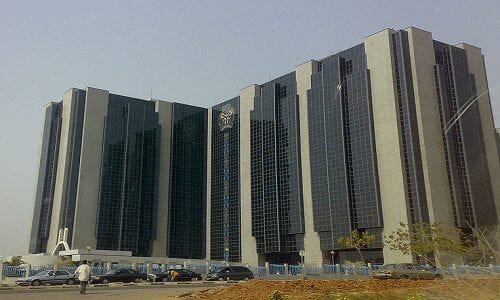The floating of the naira by the central bank of Nigeria (CBN) has become a concept a layman find difficult to understand. Just for the records “floating system of foreign exchange” is a standard global economic policy which the likes of Britain and other advanced nations uphold.
Such terms as inter-bank rate, official exchange rate and parallel market exchange rates are the economic terms often used in explaining the new economic era in Nigeria today. Well the floating system has no official exchange rate, what this means is that exchange rate will nolonger be “peged” but will “float” accordingly with the forces of demand and supply.
The inter-bank rate is the rate that banks will buy from the primary dealers (who are banks anyway). In other words, the big banks in Nigeria who will be the nominated primary dealers will sell to other banks at the interbank rate. That is what it is called INTERBANK i.e. between one bank to another.
When your bank now buys at the interbank rate, they will now sell to the end-users at a profit. So if your bank quoted you at N319, they will make a profit of 319 – 260 = N59 to the dollar.
Usually, if you are buying huge amounts of dollars, then you will get it cheaper as per bulk purchase. So if you are buying $100,000, then your bank may offer you at 310 or 305 because the volume will compensate for the discount.
If you are buyng smaller quantities such as $1000, the bank will give you an expensive quote. Visit any forex trading ECN platform to understand it. Even in globalized forex trading, a true ECN platform will show price quotes from several liquidity providers (the equivalent of the primary market dealers) and the prices are never the same.
Prior to the commencement of naira float, the CBN wrote President Muhammadu Buhari re-iterating optimism that the naira will eventually settle at 250/$, although the CBN believes it can, but there was no adequate data provided to ascertain when that will happen.
Considering the current realities, those who think the Naira will appreciate under the present circumstances are simply being unrealistic. Naira will only appreciate when the country becomes a net exporter as opposed to a net importer.
If we had schools and hospitals which can attract foreigners to pay in USD, it would have helped. If we can export all manner of products as opposed to only crude and small amounts of charcoal, cashew, etc, then the Naira will gain.
Until then, you will not be able to get Naira at below 300. Then the question that is begging for answer is when will Nigeria become a net exporter of goods and services? When will Nigeria diversify her economy and reduce over dependence on oil?
Until the government and Nigerians swing into production, naira will continue to fall against the dollar and the CBN optimism that the naira will settle at 250/$ may happen in a distant future.































